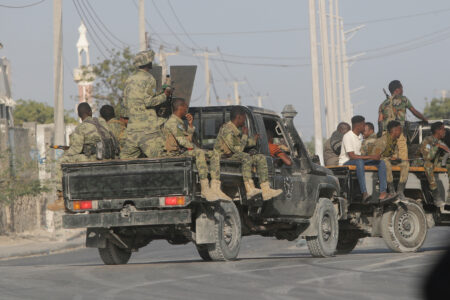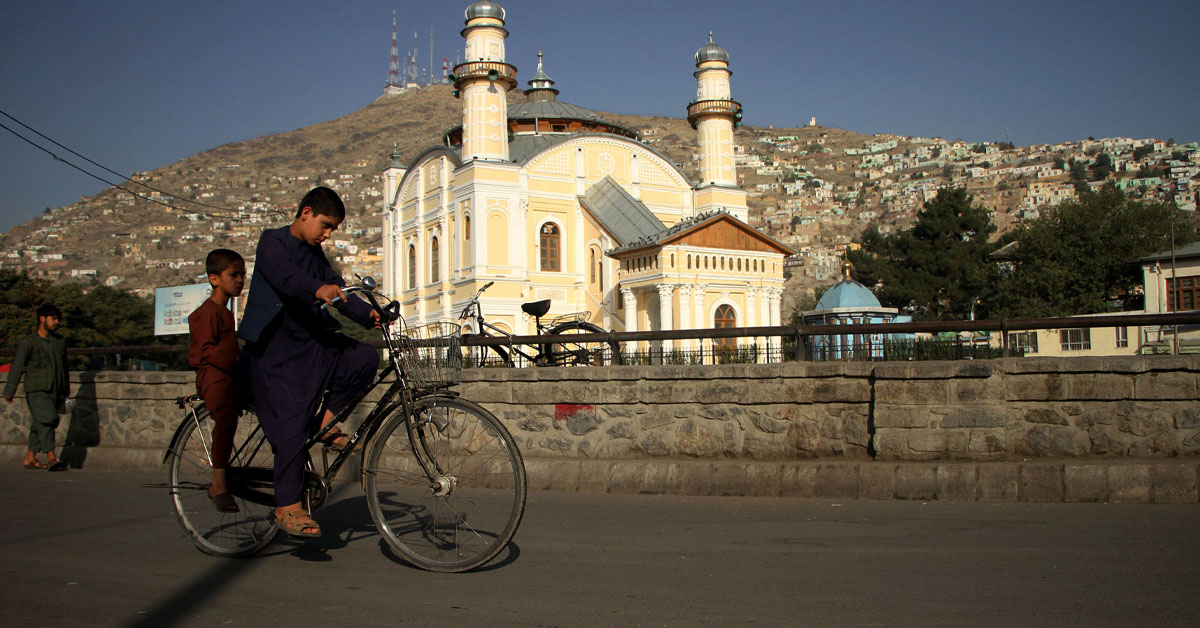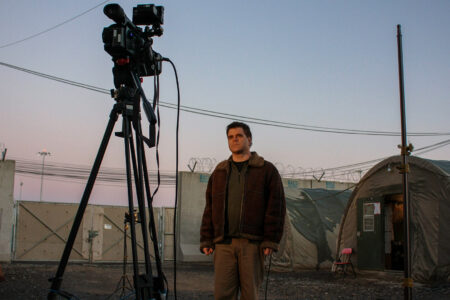
The catastrophically abrupt collapse of the Western-sponsored Kabul government has led to a demand for renewed intervention or at least non-recognition of the Taliban regime by a generation of aid workers, diplomats and soldiers who have worked in Afghanistan. Emotions run high for lost friends and colleagues, the abandonment of especially vulnerable communities, incomplete aid projects and the agony of what to do next. However, it is dangerous when political and public leaders use the spectacle of the betrayal of our soldiers to convince the public to sanction a return to Afghanistan or isolation of the Taliban regime there.
One-hundred-fifty-nine Canadian soldiers and one diplomat, Glyn Berry, were killed during Canadian operations in Afghanistan. (I met Berry in Islamabad in 2001, when he helped obtain a Czech visa for an academic colleague.) The issue cannot be rendered cut and dry by clear foreign policy imperatives. Canadian foreign policy has always been an uncomfortable contortion of liberal ideals and realpolitik. The liberal impulse, given certain social preconditions, is a powerful one, and the desire to share it – even impose it – is noble.
Liberalism, broadly stated, came to influence former Soviet leader Mikhail Gorbachev, with the Warsaw Pact evaporating in a matter of days. Many Afghans would make ideal Canadian citizens, having lived with liberal ideas for two decades.
The principal cause of the Afghan collapse, previously opaque, is now clearly the complete failure by the foreign aid community to create robustly legitimate state structures in Kabul, without which no Afghan army could long prevail. This was in part due to the neglect of the religious legitimacy of the state, the over-prioritization of social-development projects and the exclusion of Pakistan.
This public inclination to demand some sort of action is, in fact, a violation of war theorist Carl von Clausewitz’s dictum that “war is politics by other means,” and that it is dangerously dysfunctional for militaries to influence public policy based on their losses.
MIT professor Fred Iklé’s influential book Every War Must End demonstrates the perverse outcomes that occur when militaries are permitted to participate in wartime propaganda and influence policy. He uses the First World War as an example, arguing that mounting war deaths led the anguished electorates of all European participants to irrationally and irreversibly inflate their war aims from negotiated minor territorial adjustments to impossibly high demands for reparations and unconditional surrender, which locked the combatant states into a forever war. Iklé likened it to a gambler desperate to recoup losses.
Clausewitz’s logic is simple: the military is an instrument of the state, typically the device of an elected body. This body has the sovereign responsibility for the creation, provisioning and retirement of this instrument, the selection of its goals and the beginning and ending of wars, as they achieve the interests of the state. Militaries, on their own, choose inexorably to expand war aims until victory is achieved, regardless of cost.
Columbia University professor Richard Betts found that militaries embedded in constitutional processes become far more reluctant than civilians to seek war. Like a great many soldiers, I signed on the dotted line, committing to risk my life in defence of Canada. But doing so is not an entitlement to direct the ultimate aims of a war. Disagreement over this fact has led to civil wars. The majority of historical wars are not victories or defeats, but painful stalemates and compromises. Worse still, many states have switched allies for foes under short notice, confusing soldiers as to the purpose of the fighting. Soldiers do receive a vote, and it is here they exercise their influence.
This, then, raises the important question of what were Canada’s strategic interests in Afghanistan?
There is a convincing theory by UQAM professor Justin Massie, who argues that Canada’s principal diplomatic and military activity since the end of the Second World War has been to counterbalance the possible U.S. threat to Canadian autonomy by seeking to entangle the U.S. in multi-state international coalitions. Canada selectively joins a foreign campaign only in the instance that the other participants represent powerful independent European states. Since the U.K. often aligns with the U.S. to counterbalance European influence, this disqualifies it as a candidate.
Canada will therefore join the U.S. on a foreign campaign on the condition that France, as the surrogate of Europe, is also involved. Canada will forego participation if France foregoes it as well, calculating that absent European support, the U.S. will not single out and retaliate against Canada.
So Canada participated in Korea and Congo, against Iraq in 1991 and in the late 2010s, Somalia in 1993, against Libya in 2011, and did not participate in the Cuban Missile Crisis of 1962, the Vietnam War, in interventions against Grenada in 1983, Libya in 1986, Panama in 1989 or against Iraq in 2003.
I have found evidence for this cynical theory in my consultancy over two decades with Conservative and Liberal members of Parliament and senators, none of whom were interested in achieving the conditions of victory in Afghanistan, but would explicitly ask me about flaws in their opponents’ platform. It would be going too far to say that Canadians sacrificed years and themselves to maintain sufficiently good relations to enable Ottawa to negotiate a decent agreement on softwood lumber, but that does correlate with one of the payoffs of achieving relative autonomy from U.S. influence.
The painful truth of the failure to create a stable government in Afghanistan and the absence of a quick solution requires a sober estimate of the feasible to avoid the gambler’s dilemma. It also requires three policy thrusts:
First, the Canadian government needs to exonerate the military effort, and undercut desperate calls for precipitous action, which are driven by the understandable search for justice. The 2001 to 2014 counter-insurgency campaign around Kandahar was highly skilled technically despite the decision at the policy level in Ottawa to not apply a civil action plan of dispersal of troops to the villages. The military mission’s aim was to provide security to police and reconstruction teams and conduct military training, not to build the Afghan state, which is permanently beyond its skill set.
Second, the Canadian government needs publicly to highlight the tremendous gains made. Canada’s foreign policy can only ever be a reflection of its domestic values. In 2001, 90 per cent of Afghanistan’s budget was covered by aid grants and loans, and this is down to 50 per cent. Since 2001, under-five child mortality has dropped by more than half. Impressive gains have been made in urban commerce and infrastructure, a prerequisite for continued growth because of Afghanistan’s cripplingly low per capita productivity levels compared with its neighbours. In other areas, such as literacy, which has not moved much in 20 years because of the large increase in population, there is much work still to be done.
Third, Canada needs to prepare for the next challenging task: pragmatically negotiating with the Taliban to continue the Afghanistan development program. China has indicated its interest in extending its “Belt and Road Program” into Afghanistan from across the border in Pakistan. The opportunity for continuity in the development program is available.










